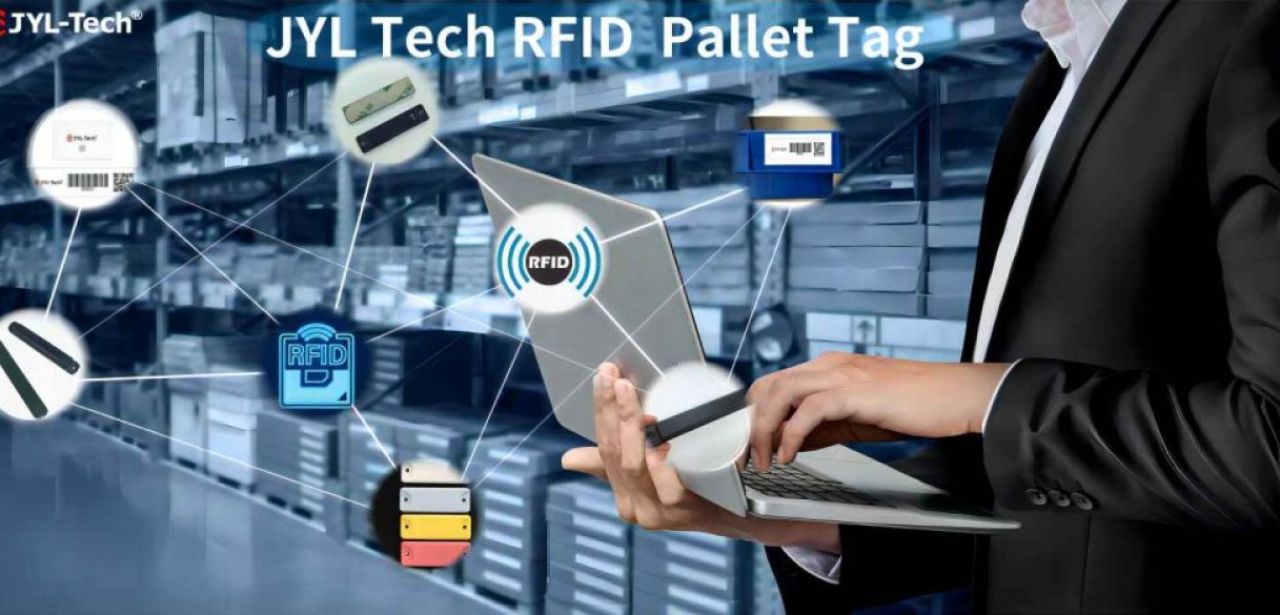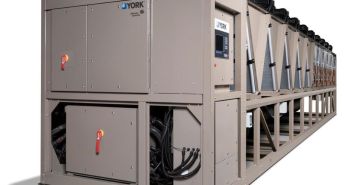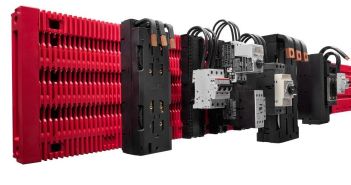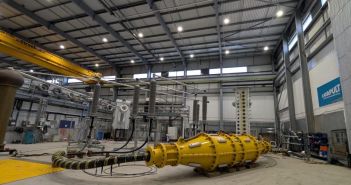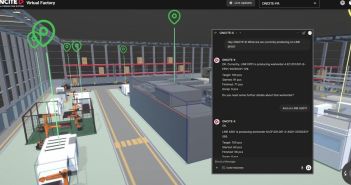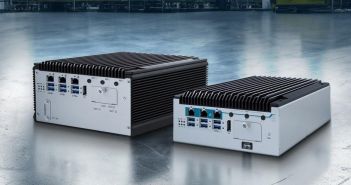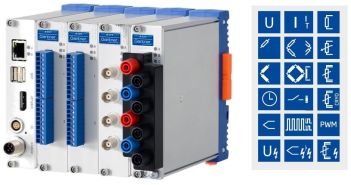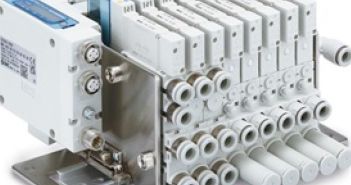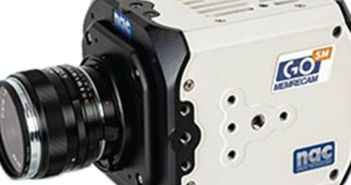The integration of RFID technology in the management of pallets and containers introduces a new era of efficiency and cost-effectiveness for countless companies. By leasing logistics containers such as pallets, containers, and collapsible large containers, businesses can reduce the costs associated with maintaining their container fleets. However, the widespread use of these containers, driven by the proliferation of products and the expansion of logistics and distribution, has led to a worrisome increase in container losses. This, in turn, has raised management costs and poses a significant challenge for pallet providers.
Table of Contents: What awaits you in this article
Strategic use of RFID technology streamlines operations and reduces costs
The strategic implementation of RFID technology provides an elegant solution for tracking and tracing pallets, GTLs, SLCs, and KLTs. By reducing the need for manual labor, RFID optimizes operations, streamlines workflows, enhances supply chain transparency, lowers costs, and improves data accuracy. Additionally, RFID enables leasing companies to efficiently monitor large inventories of reusable KLTs and pallets, minimizing losses due to mismanagement.
The integration of RFID technology into container, warehouse, and logistics management has brought about revolutionary effects. By automatically capturing real-time data, RFID technology accelerates processes, reduces labor costs, and increases efficiency. Unlike traditional barcode tags, RFID pallet tags offer both read and write capabilities, allowing for the updating and modification of information as needed. Each reusable container or pallet is assigned a unique RFID identifier, enabling transparent tracking throughout the supply chain.
JYL-Tech is a highly experienced company in integrating RFID technology into various industries such as pallet leasing, industrial production control, automotive, food, and medical industries. With their expertise, they are well-equipped to provide customized RFID solutions for reusable plastic packaging such as GTLs, SLCs, and KLTs. Their extensive knowledge in industrial automation and their track record in different sectors make them a reliable partner for companies looking to implement RFID technology in their pallet and container management.
Durable RFID tags designed for industrial applications
The RFID tags for pallets and containers feature a robust construction that is suitable for a wide range of industrial applications. With a lifespan of 1 to 5 years, these tags are built to withstand harsh environments, including exposure to water, chemicals, and extreme temperatures. The designs of the RFID tags can be customized to ensure optimal performance in specific on-site conditions. The tags also offer robust data integrity by synchronizing visual data with the RFID chip, ensuring accurate and reliable tracking. These versatile RFID tag solutions comply with VDA recommendations 4994 and 5501, guaranteeing high-quality standards.
The Ideal Choice for Container and Pallet Management: Passive RFID-Tags
In logistics, the use of passive RFID tags is preferred for container and pallet management. These tags do not require batteries, which helps keep costs relatively low. While their read distance and storage capacity are limited by the availability of energy, passive RFID tags are the ideal choice for container management within a range of 2 meters and with limited storage requirements.
In container and pallet management in logistics, two primary RFID frequencies are commonly used: high frequency (HF) and ultra-high frequency (UHF). HF RFID tags have a relatively short read range, typically not exceeding 1.5 meters, but they excel at reading tags through objects. UHF, a cornerstone of RAIN RFID technology (passive UHF RFID according to GS1 EPC Class 1 Gen 2 or ISO 18000-63 standards), offers an extended read range of 3 to 9 meters but may face penetration challenges.
When managing RFID tags on containers and pallets, it is important to consider the typical 2-meter distance from warehouse doors and the lack of penetration required for these containers or pallets. In this case, UHF tags with a reading range of 3 to 9 meters are the logical choice. These tags provide an extended reading range, allowing for efficient tracking and monitoring of containers and pallets within the warehouse environment.
JYL-Tech offers a wide range of RFID tags specifically designed for the management of pallets and plastic containers. These tags are manufactured with a robust construction to withstand various industrial applications and have a lifespan of 1 to 5 years. They are resistant to water, chemicals, and extreme temperatures, ensuring durability and reliability. With customized RFID tag designs, JYL-Tech provides optimal performance on-site. The tags also guarantee robust data integrity by synchronizing visual data with the RFID chip. For versatile solutions in different environments, JYL-Tech’s RFID tags comply with VDA recommendations 4994 and 5501. Contact us now to discuss your specific requirements!
Improved Efficiency and Cost Reduction with RFID Technology in Pallet and Container Management
The integration of RFID technology into pallet and container management offers numerous benefits for companies. By automatically capturing real-time data, RFID speeds up operations, reduces labor costs, and improves efficiency. With RFID tags, information on pallets and containers can be updated and tracked transparently throughout the entire supply chain. This leads to a more efficient utilization of pallets and containers, reduced losses, and lower management costs. With customized RFID solutions and extensive experience across various industries, JYL-Tech is the ideal partner for companies looking to capitalize on the advantages of RFID technology.


